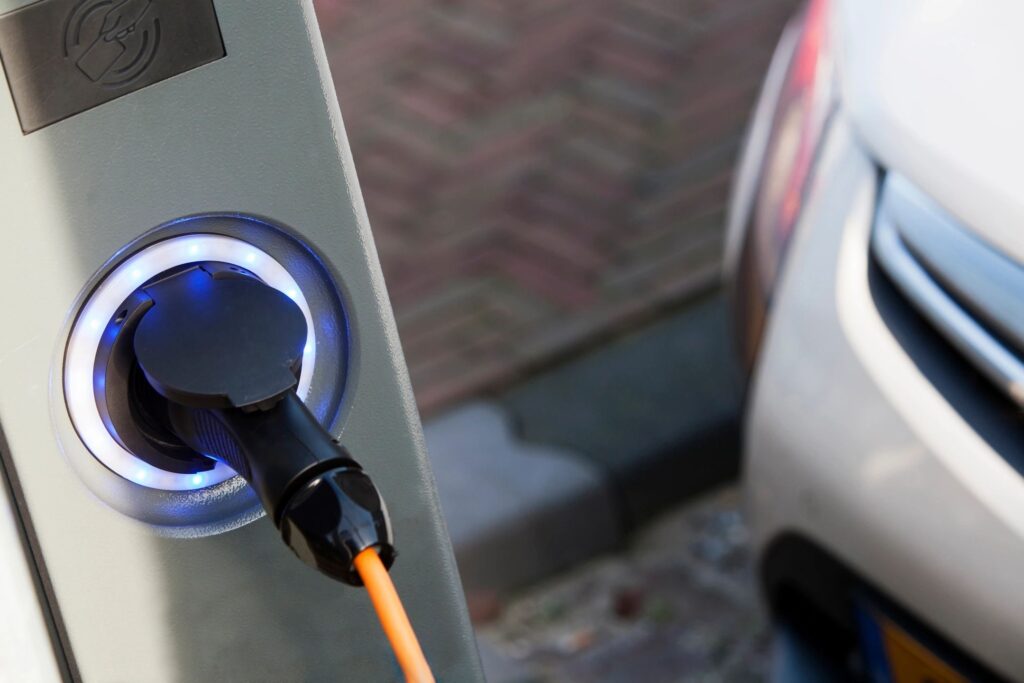
ATLANTA – The General Assembly moved closer Thursday toward putting a framework in place to accommodate the growing popularity of electric vehicles in Georgia.
The state Senate Regulated Industries Committee unanimously approved legislation that would pave the way for a planned network of public EV charging stations across the state. The bill passed in the Georgia House of Representatives early this month, also unopposed.
Under House Bill 406, EV drivers would be charged by the kilowatt-hour for the electricity they purchase to power their vehicles, rather than the current system based on the length of time charging takes. The change is necessary in order for Georgia to qualify for $135 million in federal funding to build the public charging stations.
The legislation calls for the state Department of Agriculture to inspect the charging stations for accuracy, as they do now with gasoline pumps.
To offset the loss of revenue from the state’s sales tax on motor fuels as more motorists switch to EVs, the bill would impose an excise tax of 9 kilowatt-hours on purchases of electricity to power electric vehicles.
Two speakers at Thursday’s committee hearing complained that’s too much. Mark Woodall, legislative chairman for the Georgia chapter of the Sierra Club, said the proposed excise tax would be the highest in the nation, while the flat annual fee of $217 EV owners now pay is the nation’s second-highest.
“We think we ought to be incentivizing EVs,” Woodall said.
Doug Teper, policy manager for Georgia Conservation Voters, said the proposed tax would send the wrong message at a time Gov. Brian Kemp’s goal is make Georgia a leader in electric mobility.
“We don’t want to be known as the state that taxes the most,” he said.
But Sen. Steve Gooch, R-Dahlonega, who co-chaired a legislative study committee that helped develop the legislation, said the proposed rate is designed to be equivalent to what Georgians pay in taxes on a gallon of gasoline.
“We’re not trying to increase the cost of an electric car more than gasoline,” he said.
Gooch said the General Assembly needs to pass the legislation this year in order to make Georgia eligible for the federal funding.
Committee Chairman Bill Cowsert, R-Athens, suggested there will be time later to make adjustments in the tax if necessary because it wouldn’t take effect under the bill until 2025.
The measure now moves to the Senate Rules Committee to schedule a vote of the full Senate.
